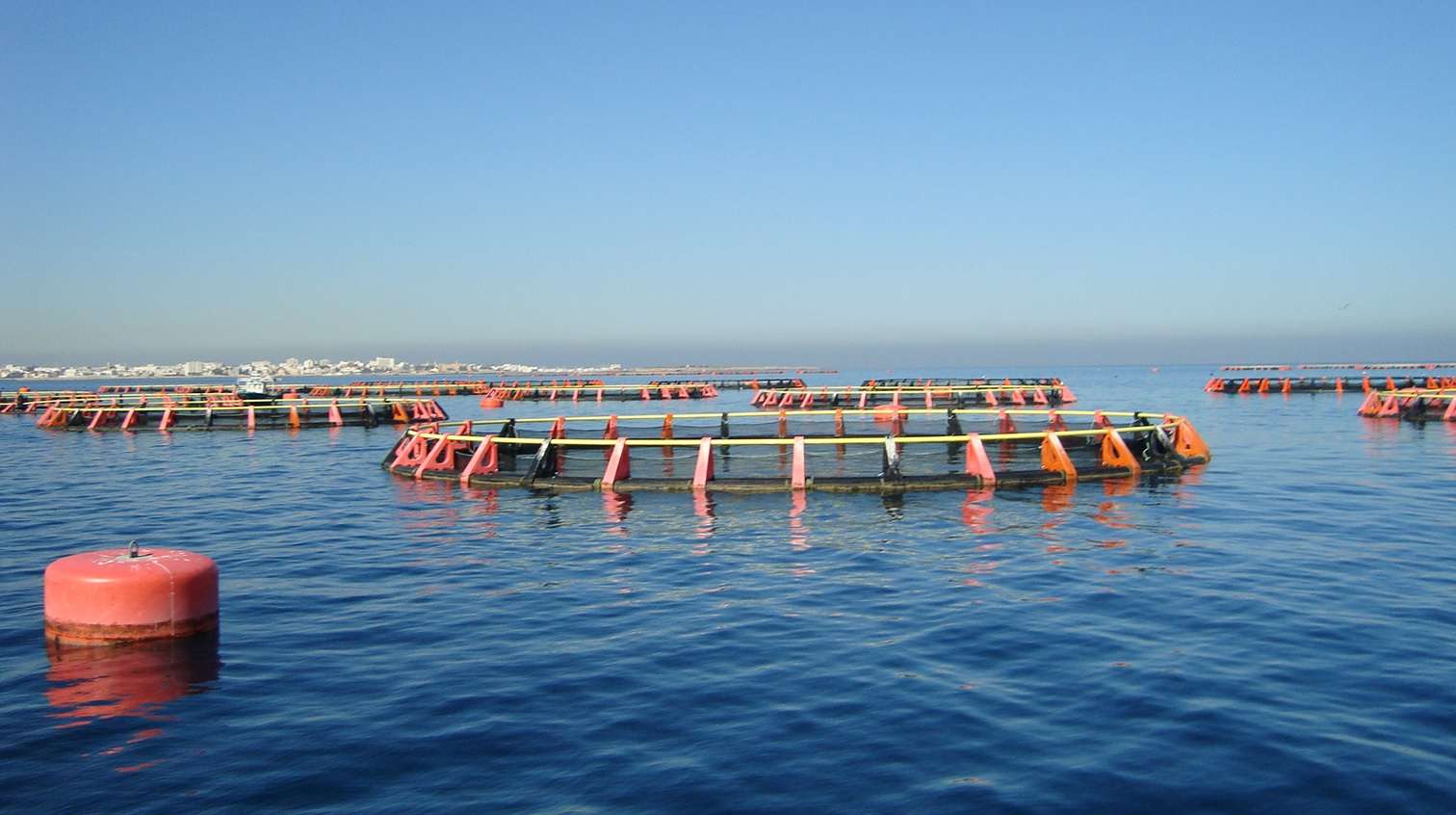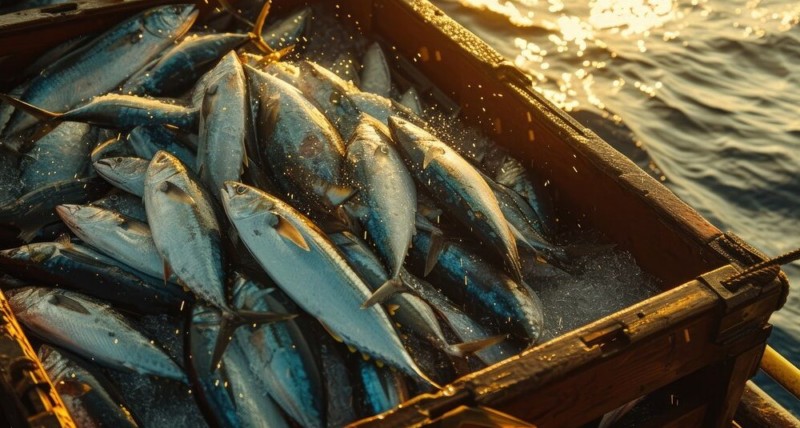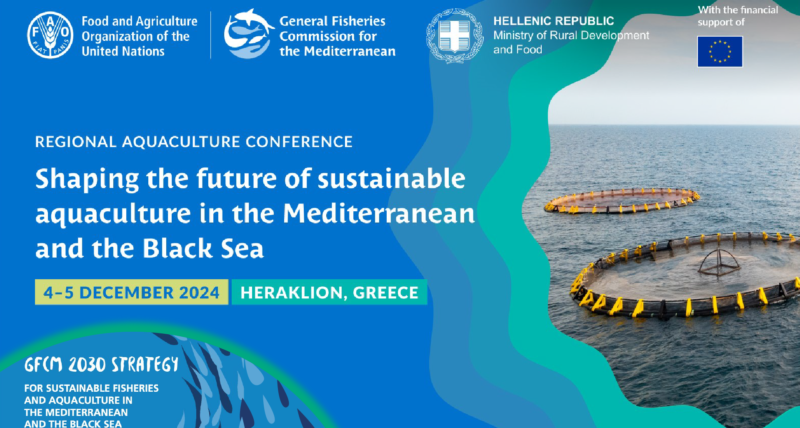Aquaculture in Tunisia, although relatively recent compared to other forms of agriculture, has experienced remarkable expansion in recent decades.
Thanks to its vast marine resources and favorable climate, Tunisia is well positioned to become a regional leader in the aquaculture sector. This development is accompanied by challenges, but the opportunities offered by this industry are immense for the Tunisian economy.
Expanding sector
Tunisian aquaculture began in the 1980s and quickly evolved to become a key sector of food production. Currently, aquaculture production in Tunisia mainly includes the farming of marine fish such as sea bass, gilthead sea bream, and more recently, bluefin tuna. The industry also extends to the farming of crustaceans and molluscs, thus diversifying the products offered on the market.
In Tunisia, aquaculture is also developing, with current production of around 23,000 tonnes per year, or nearly 18% of the country’s total fish production.
This growth is largely due to public and private investments, as well as government initiatives aimed at modernizing infrastructure and promoting sustainable practices. The national target is to increase production to 35,000 tonnes by 2030, demonstrating the country’s commitment to the expansion of this sector.
Opportunities and sustainability
Although the potential of Tunisian aquaculture is high, the sector must overcome several challenges to realize its full potential. Among these challenges are the management of water resources, the need to modernize infrastructure and facilities, and the optimization of breeding techniques to maximize productivity while minimizing environmental impact.
The issue of sustainability is particularly crucial, as the rapid expansion of aquaculture can lead to pressures on marine ecosystems if not managed properly.
However, the opportunities are just as significant. Growing global demand for seafood opens up potential markets for Tunisian exports. Additionally, aquaculture provides significant economic benefits, including job creation in rural and coastal areas, thereby contributing to poverty reduction and local development.
Innovative initiatives
To support the sustainable growth of aquaculture, several initiatives have been put in place. The Tunisian government, in collaboration with international organizations and private partners, is working to improve breeding techniques and adopt innovative technologies.
Research projects are underway to develop more efficient and environmentally friendly practices, such as integrated multitrophic aquaculture (IMTA), which combines different species to improve efficiency and reduce waste.
Additionally, efforts are being made to improve the training and skills of workers in the aquaculture sector. Specialized training programs are available to help producers adopt new technologies and effectively manage their operations.




